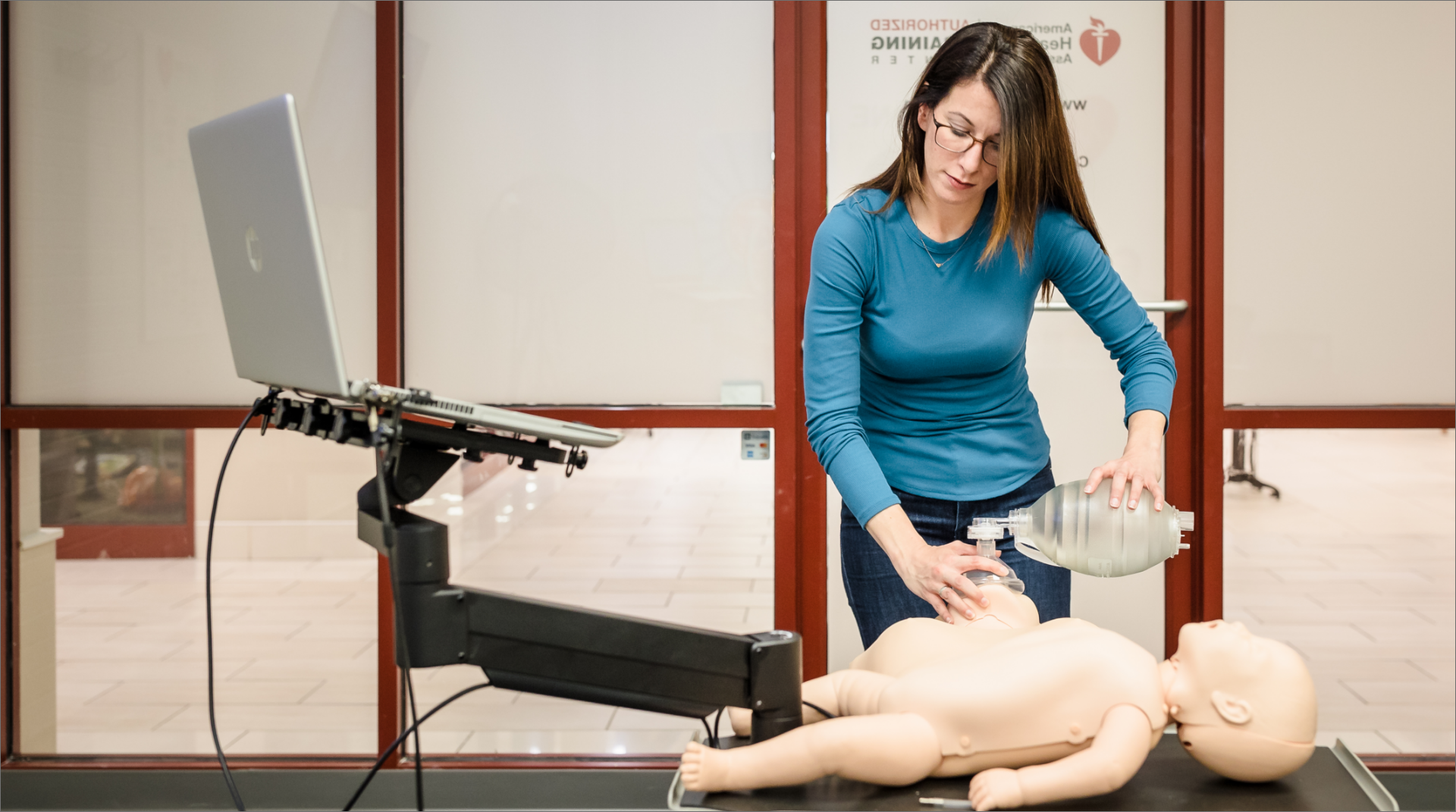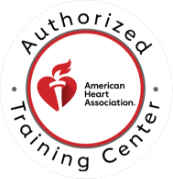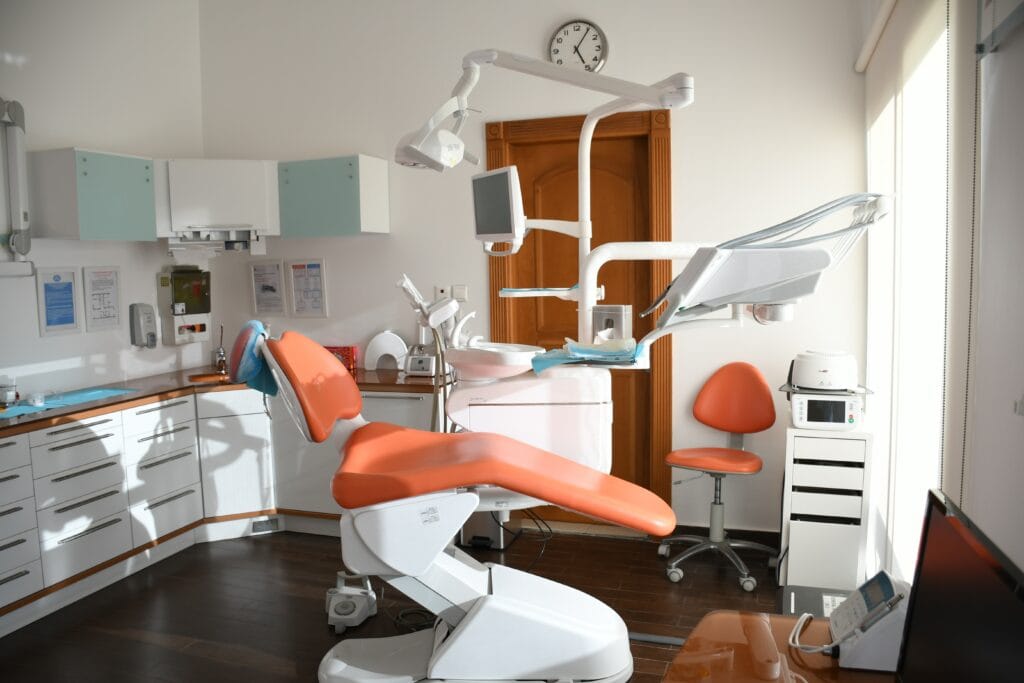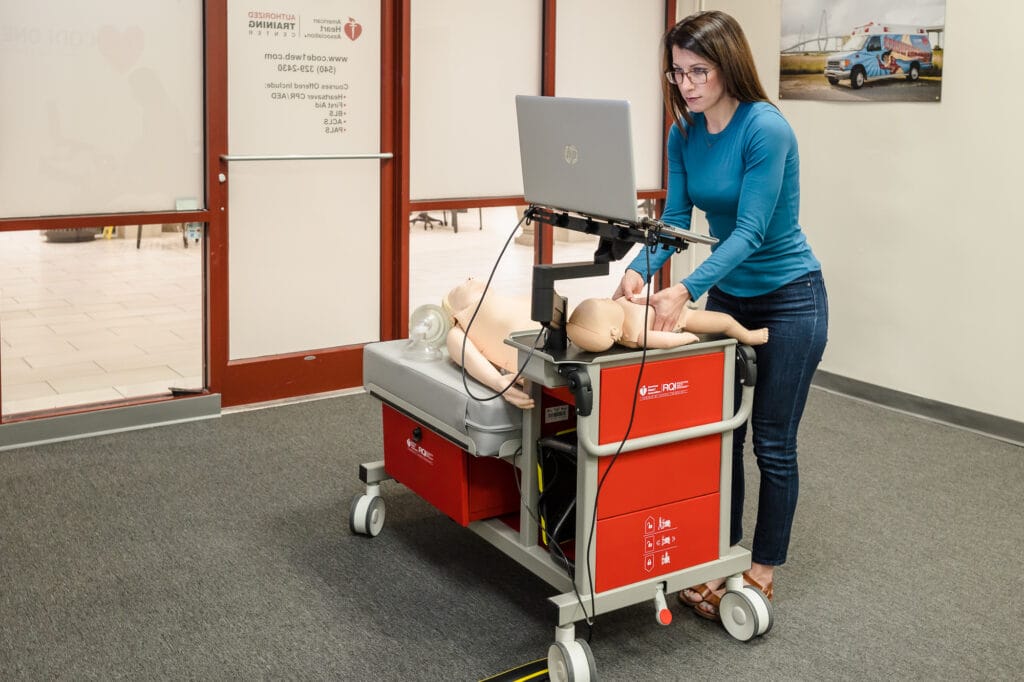

CPR Resource Center
The most comprehensive library of emergency training resources — including videos, articles, downloads, and more.


The most comprehensive library of emergency training resources — including videos, articles, downloads, and more.

When seeking dental care, the first professional that typically comes to mind is a dentist. However, working diligently behind the scenes to ensure our teeth are clean and healthy are dental hygienists – the unsung heroes of oral health. This article delves into their crucial role and underscores the importance of their often-required BLS certification from the American Heart Association (AHA). While there are other certifying entities, such as The American Red Cross, the AHA remains the dominant entity certifying healthcare providers in oral health.
A dental hygienist is an oral health professional who is trained and licensed to provide preventive dental care. They protect teeth from plaque buildup and are crucial in maintaining our overall oral health.

Many dental hygienists possess BLS (Basic Life Support) certification from institutions like the American Heart Association (AHA). Here’s why:
In summary, while dentists are undeniably pivotal, a dental office would not operate as efficiently without the expertise of dental hygienists. With their roles amplified by certifications from bodies like the AHA, they stand as robust pillars in the oral health community.
Call to Action: Share your experiences with dental hygienists in the comments. Together, let’s give a nod to the unsung heroes of oral health!
Help Me Find a Course